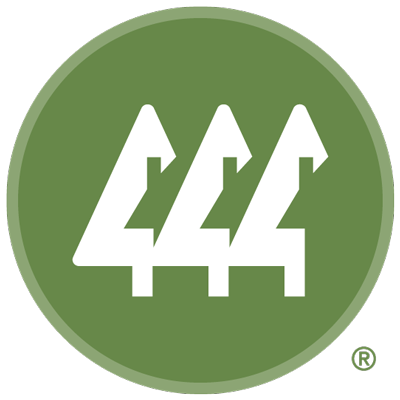Lake City
Description
Lake City is the northeast region of Seattle, centered along Lake City Way NE (SR-522), 7–8 miles (11–13 km) northeast of downtown. A broader definition of the Lake City area includes all the land between 15th Avenue NE and Lake Washington, and between NE 95th and 98th streets to the Seattle city limits at NE 145th Street. Lake City encompasses much of the Thornton Creek watershed, the focus of a long restoration campaign by citizens and Seattle Public Utilities staff to enhance the residential environment of Lake City. What is now Lake City has been inhabited since the end of the last glacial period (c. 8,000 BCE—10,000 years ago). The hah-chu-ahbsh (Lake People), now of the Duwamish tribe, Lushootseed (Skagit-Nisqually) Coast Salish,[2] lived in diffuse permanent settlements along the shore of Lake Washington, dispersing in the summer, and in the winter living in large cedar long houses, each home to a couple dozen or more members of extended family groups. The lake people lost their rights in 1854. The Lake City area was clearcut by crude wagon road or by using Lake Washington, from 1850 to around the start of the 20th century, more rapidly with the Seattle, Lake Shore and Eastern Railway (c. 1886) providing easy access along what is now the Burke-Gilman Trail adjacent to the lake. Wetlands were drained. A Little Germany neighborhood of several immigrant farmers grew up in the 1870s around where Nathan Hale High School now stands. The Seattle, Lake Shore and Eastern Railway operated a passenger stop near the current location of NE 115th St called simply, "Lake". The area was dubbed Lake City by D.H. and R.H. Lee in 1906 after they purchased and platted the land. With the advent of the automobile, the area developed linearly around major roads rather than centrally around trolley stops, as in older Seattle neighborhoods. The road to Bothell and Everett was made all-weather with brick in 1918 and then the new material asphalt in 1928. The automobile relationship with Seattle would shape Lake City development and neighborhood character. Lake City would remain relatively remote and suburban from Seattle until years after WWII. Transition to a neighborhood community was marked in 1935 with the start of the Lake City Branch Library of today as a few shelves of books in part of a room in Lake City School, shared with the WPA. Sponsorship was by the Pacific Improvement Club community group. Lake City incorporated as a township in 1949 with more than 40,000 residents; rapid growth was a product of a massive influx of young suburban families after World War II. The City of Seattle annexed Lake City and other communities in 1954 when the city limits were expanded from 85th Street to 145th Street.[4] Scout Troop 240 and other volunteers moved thousands of books into a new library building in 1955. Lake City relies heavily on retail commerce, and business in the area has risen and fallen based on highway expansion in the Seattle area. The expansion of Aurora Avenue North to Everett, Washington cut into business in the 1920s, but Lake City revived after NE 130th Street was paved. The opening of Northgate Mall in 1950 reduced retail business in Lake City, and the area took another hit after the construction of Interstate 5 in the 1960s. Renovation of the city core along Lake City Way NE near NE 125th Street helped revive the local economy in the late 1970s.
More Information?
- Purchase +1 more3 statuses
- House+5 more
- Price
- Bed/Bath
- Sqft
- Dates
- Filters
- Save Search


